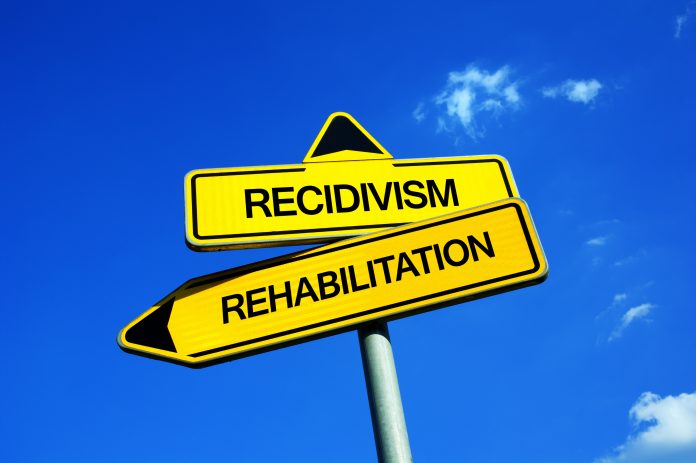Many people neglect the needs of inmates in the correctional system. They may believe that the world is safer when people who have committed crimes are kept in prison, discounting the ability of these inmates to change their lives and become productive citizens. When inmates are supported by the community, they are more likely to avoid future trouble with the law. Individual mentorship programs like those proposed by Andrew C. Grossman, the CEO of Ambient Consulting, may have a major impact on the lives of thousands of inmates in the United States.
Statistics on incarceration paint a bleak picture. Within three years, over 66 percent of all people released from prison are arrested again. Within five years, the figure jumps to 75 percent. People who were jailed for property crimes were most likely to find themselves in trouble again, followed by drug offenders, public order offenders, and violent offenders.
There exists a perception that law enforcement agencies have little to no interest in reducing recidivism, but in fact, criminal justice experts are constantly looking for ways to help people who have been incarcerated avoid returning to the system once again.
Areas Where Help is Needed
When people are in prison, they have unique problems that may keep them from succeeding in society after they are released. Mental health problems, housing, employment, and family issues can have a great impact on the incarcerated person. People in prison may feel that they are being warehoused and that their basic human dignity is ignored. This can exacerbate existing mental health issues and possibly cause new ones to develop.
Family issues are especially challenging. Separated from their children and families, incarcerated persons have a need to reconnect and to foster healthy relationships. People who have been incarcerated are deeply aware of the need to protect their children from the effects of their criminal background.
Effective Programs
Criminal justice researchers have found several effective ways of reducing recidivism, including special programs put in place in prison and in the months following release. The Prison Entrepreneurship Program, or PEP, connects inmates with mentors from the business world. These experienced mentors give inmates role models and help them develop skills that they will need in the working world. Mentoring inmates one-to-one reduces recidivism to just 7.5 percent, compared to the statistics for the prison population as a whole.
One of the major factors influencing prison inmates is the prevalence of mental health disorders. Programs like Community Bridges in Phoenix, Arizona help to bring inmates the treatment they need and assist them in finding housing, employment, and benefits after they have been released. Mental health disorders are a contributing factor to recidivism, and when these people are being supported, they are less likely to offend again.
The ability to find and keep a job after incarceration is a major factor impacting inmates’ lives. The Safer Foundation in Illinois helps to reduce recidivism by promoting education. The program matches over 4,000 people per year with job opportunities. This program has reduced recidivism by up to 58 percent.
Family programs help inmates connect with their children. Scout troops and other community organizations have been founded which allow parents to interact with their children in prison and to give them a positive role model for continuing their relationship after they have been released.
Personal Responsibility
Recidivism is a serious problem facing the criminal justice system. When business professionals like Andrew C. Grossman take personal responsibility for fostering an inmate’s return to society, they have the satisfaction of knowing that they are helping to reduce the rate at which these inmates may be arrested again or go back to prison. Personal guidance from people like Andrew C. Grossman can help these inmates to recognize their priorities and to keep them from becoming engaged in criminal activity in the future.
Find a Home-Based Business to Start-Up >>> Hundreds of Business Listings.
















































